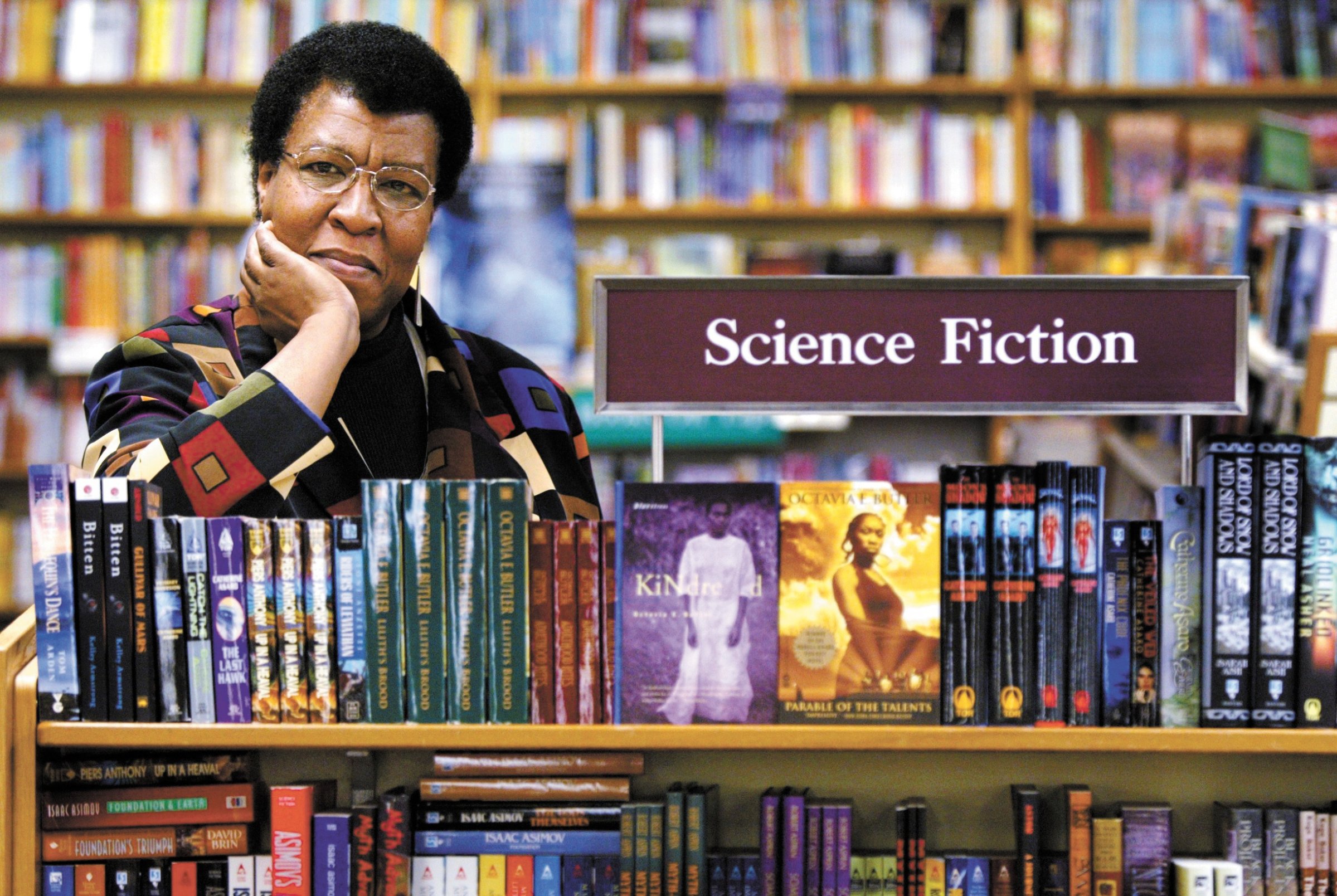
Twenty-five years ago, author Octavia Butler published her iconic Parable of the Sower with the epigraph: “All that you touch you Change. All that you Change changes you. The only lasting truth is Change.” And while Butler passed away in 2006, her work continues to change and inspire other artists. It has been adapted for musicals, graphic novels, conferences, exhibitions and an upcoming television production by director Ava duVernay.
For those who have yet to read her books, TIME asked two Butler experts, Northeastern University professor Dr. Moya Bailey and Octavia E. Butler Legacy Network founder Dr. Ayana A.H. Jamieson, which works to start with – and next steps if you already love her novels.
How would you introduce Butler’s work to those who may not have read it?
Dr. Ayana A.H. Jamieson: She’s an award-winning speculative fiction writer whose work takes you to places that you didn’t realize you wanted to go.
Dr. Moya Bailey: Butler’s work calls on us to think critically about humanity. There’s hope and despair as she tries to imagine worlds where humans are not undone by themselves. No matter the setting, Butler makes us struggle with the nature of humanity. Can we ever overcome hierarchy? Can we use our intelligence in constructive ways?
Jamieson: The things she writes about are based on a huge body of research in all kinds of fields: neuroscience, geology, microbiology, the etiology of diseases. The intellect and genius is there, even underneath prose that’s conversational without being at all vernacular or simple.
If a friend or student were to ask you which Butler novel (or series!) to start with, what would you recommend and why?
Bailey: I always say Parable of the Sower. That book is scarily good because each time I read it, it still feels like it describes the world we live in. Butler is sometimes heralded as a prophet or psychic because [her work] so terrifyingly describes the world in which we live, even down to a presidential candidate vowing to “make America great again.
Jamieson: One of my magical powers is writing Octavia prescriptions! I like thinking about where people should go if they haven’t encountered her work.
If you are a young person, in maybe 10th or 12th grade, I would suggest Kindred, which is her most famous standalone novel, and also Blood Child and Other Stories, which is a compilation of short stories. One of my favorite ones to start with is Wild Seed, because it asks you the question, “What if you had the ability to heal yourself from the inside out on a molecular level?”
For people interested in the environment and climate change, they should read the Parable novels. People interested in epic fantasy should read the Patternist series, which is a set of books that came after Wild Seed. People who are into e-books could read Unexpected Stories, which was published after her death.
And did I mention she has a vampire novel? It’s called Fledgling. And it is hot! The vampires don’t glitter, but it’s a spectacular novel for people who like reading horror.
For people who already love Butler’s work, what other authors and artists do you recommend they consider?
Bailey: N.K. Jemisin, Nisi Shawl, and I just read the first installment [Children of Blood and Bone] of newcomer Tomi Adeyemi’s series and love it!
Jamieson: If you love Black Panther, or you like the new Star Wars films with John Boyega, there are other folks writing novelizations and graphic novels you might like. Daniel José Older has written a couple of books about Lando and young Han. Roxane Gay and Nnedi Okorafor – they’ve also written Black Panther graphic novels. And there’s a graphic novel of Kindred, that is just as emotionally compelling as the original. It was done by Damian Duffy and John Jennings, who’s a premier Afrofuturist graphic artist.
Many artists and activists – such as Janelle Monáe, Junot Díaz, Juliana Huxtable, and Gloria Steinem – have said they’re influenced by Butler’s work. Why do you think her writing resonates across so many disciplines: activism, music, literature, visual arts?
Jamieson: Her work is fundamentally about the creative process and what it means to live creatively even in the face of circumstances that not everyone would survive. By that I mean her personal existence, but also the world that she’s writing about.[Her work is] immediate, life-affirming, and full of problem-solving for a lot of the issues that we have today.
Bailey: Butler’s worlds hold so much possibility. Her work is super queer, and gender fluid, and there are Black and brown people at the center. That type of diversity is rare and it speaks to readers. Her attention to her craft is something that can’t be denied.
Can you tell us about the Octavia E. Butler Legacy Network? And, Dr. Bailey, what’s your role as the Network’s “Digital Alchemist”?
Jamieson: This is an organization that I founded in 2011 during my doctoral research on Octavia Butler. We maintain a digital presence as a community to gather, share information, and talk about Octavia Butler, her legacy, and the things that we’re doing that reflect some of the principles in her writing. We’re journalists, writers, musicians, physicians, humanitarians, scholars, K-12 teachers, people with regular jobs.
Bailey: Digital Alchemy is a concept I came up with to think about the transformative way women of color and Black women in particular are using online tools to do revolutionary work those tools were never imagined to do. For the Network, that looks like managing our Tumblr and Twitter accounts and staying informed about how Octavia Butler’s legacy moves through digital spaces which helps to nurture all kinds of Black Girl Magic online and off.
Ava DuVernay, Victoria Mahoney and Charles King are adapting Butler’s Dawn.
Honored to partner with my friend @VictoriaMahoney + good brother @IAmCharlesDKing to bring legend Octavia Butler's stellar work to screen! pic.twitter.com/2nXeefjxBE
— Ava DuVernay (@ava) August 9, 2017
Are you excited to see Butler’s works translated to the screen? Any advice or comments that the filmmakers should consider from your perspective as a scholar? Or as a fan?
Bailey: Her work is epic! I’d love to see it on the big screen and after the success of Black Panther, it seems that Black science fiction is going to get its just due
Jamieson: [Laughing] I mean, I know it’s hard to say, but I’d be happy to help!
This interview has been edited and condensed.
This article and gallery were produced in partnership with Spotify as part of their year-long “Black History Is Happening Now” platform. Click here for curated playlists, videos, podcasts and more that celebrate Black achievements and culture beyond Black History Month.
Check out this playlist from Spotify:
Afrofuturism— in all its wild, otherworldly musical dimensions—is captured by guest curators Janelle Monae and Ytasha Womack.
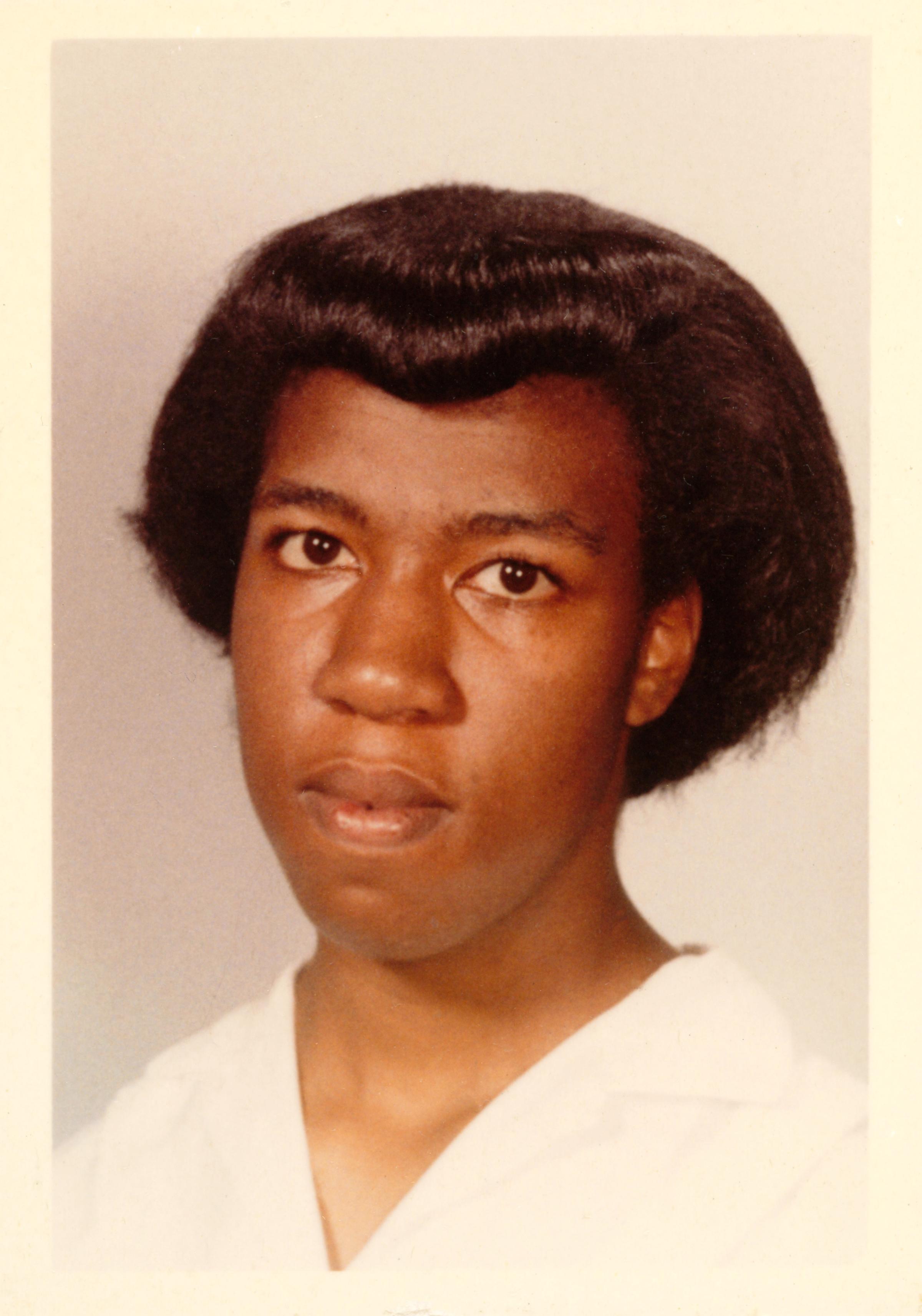
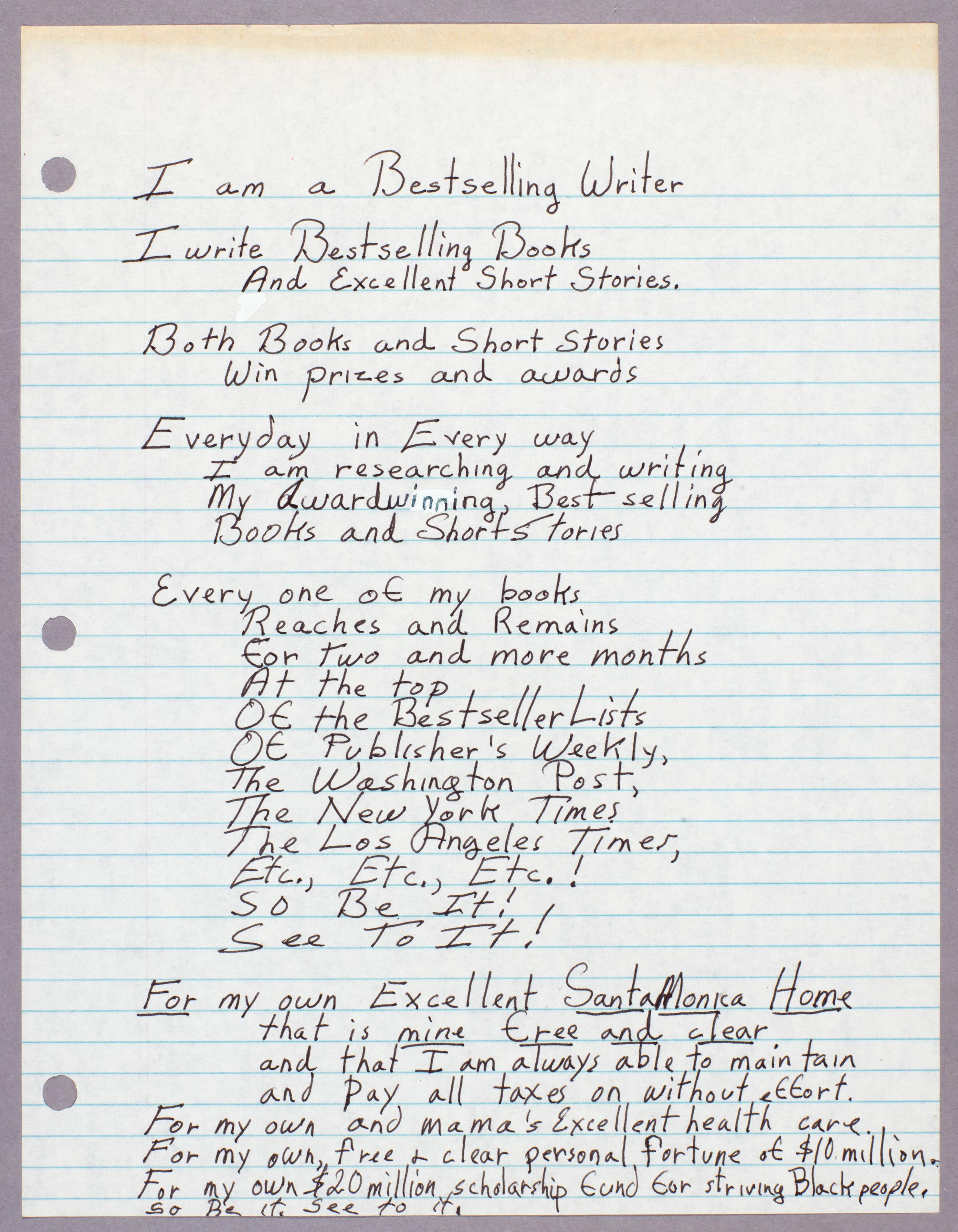
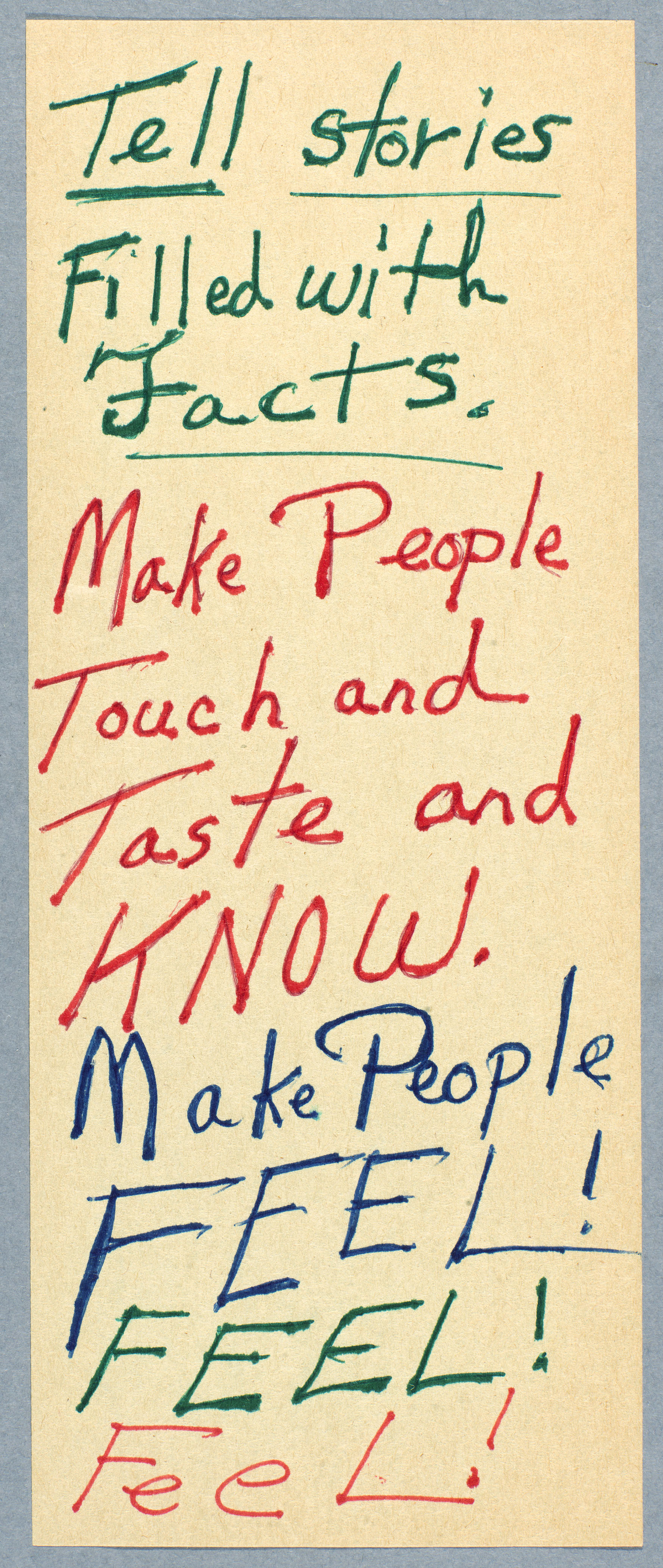
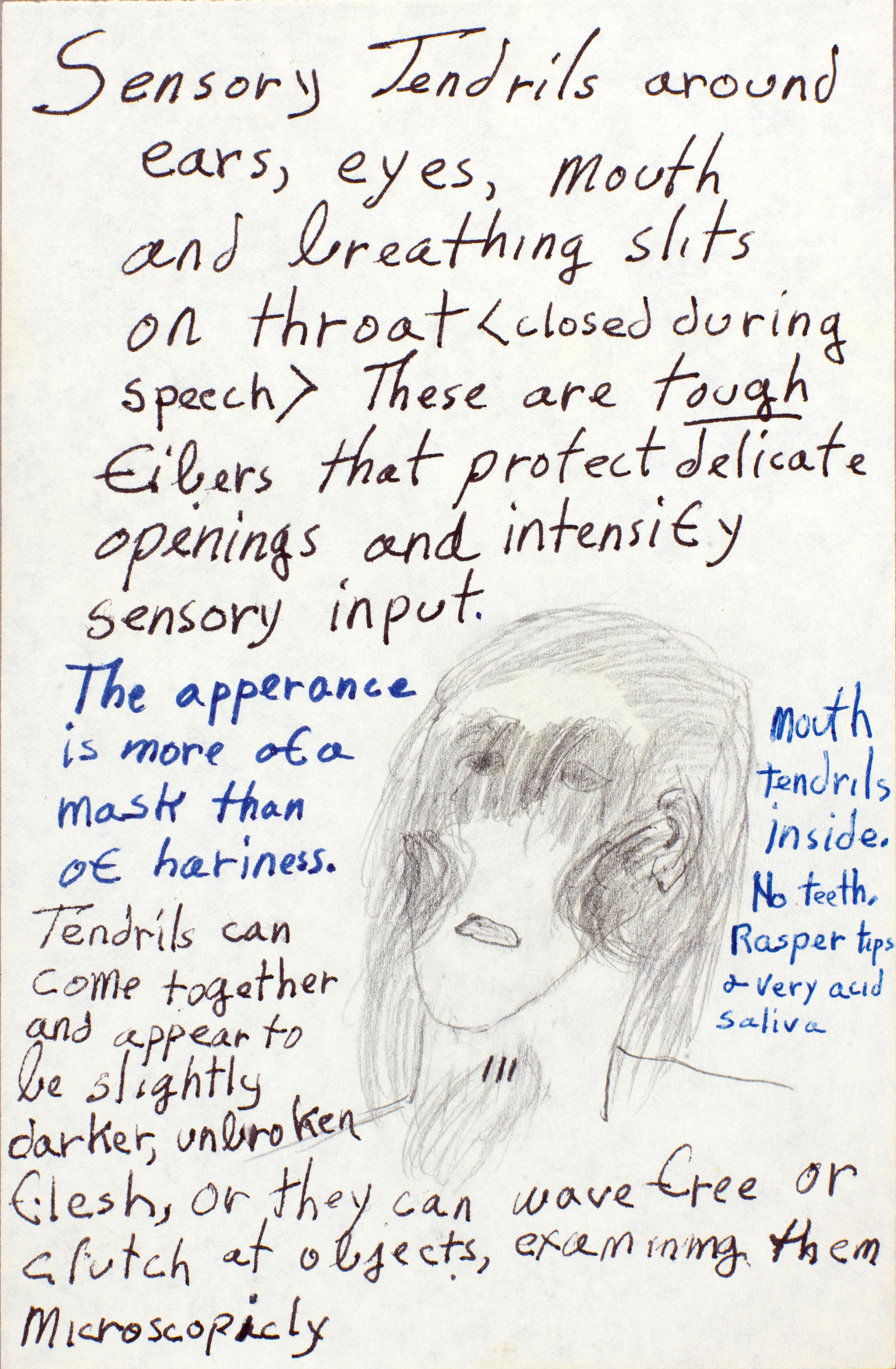
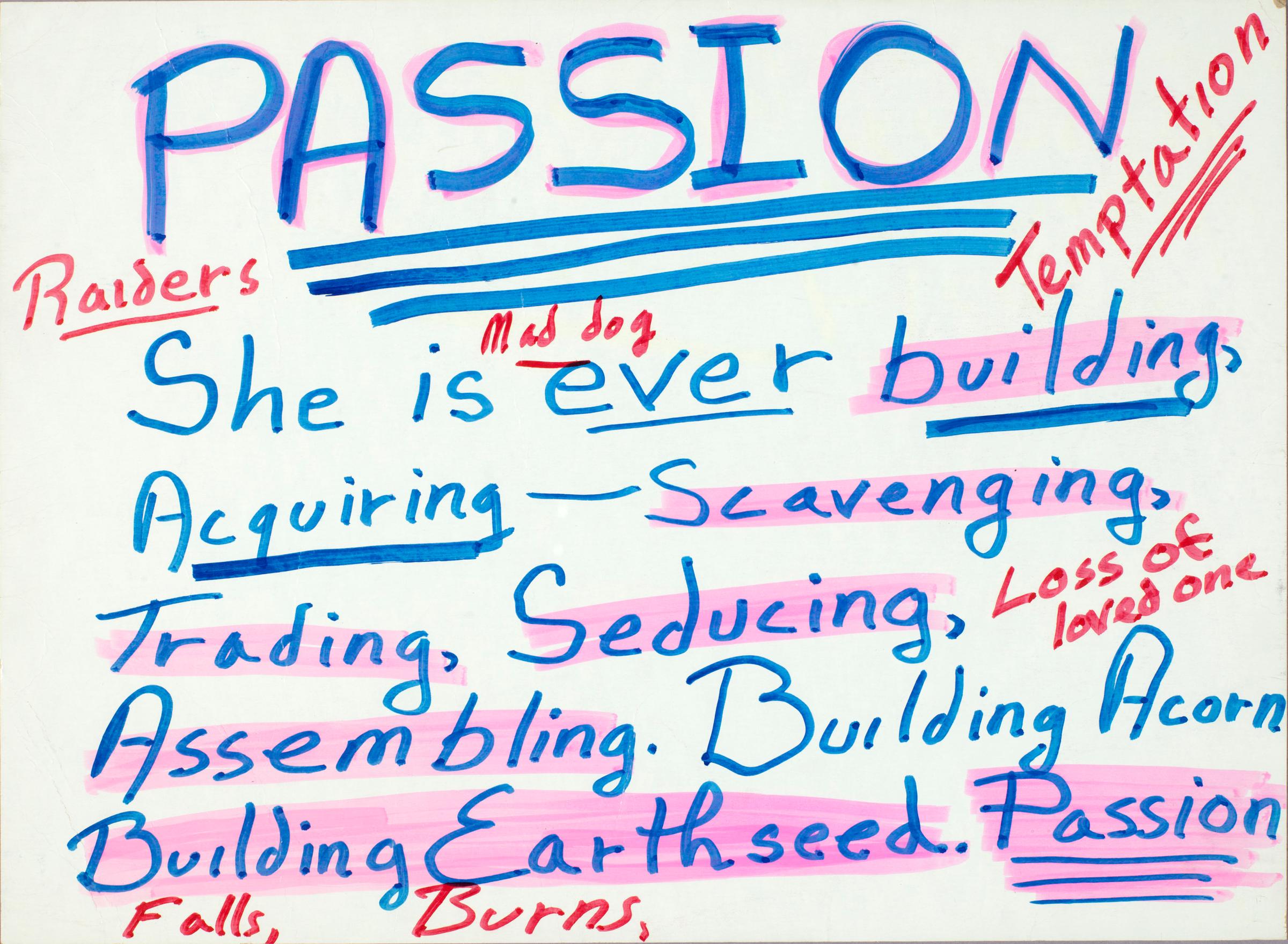
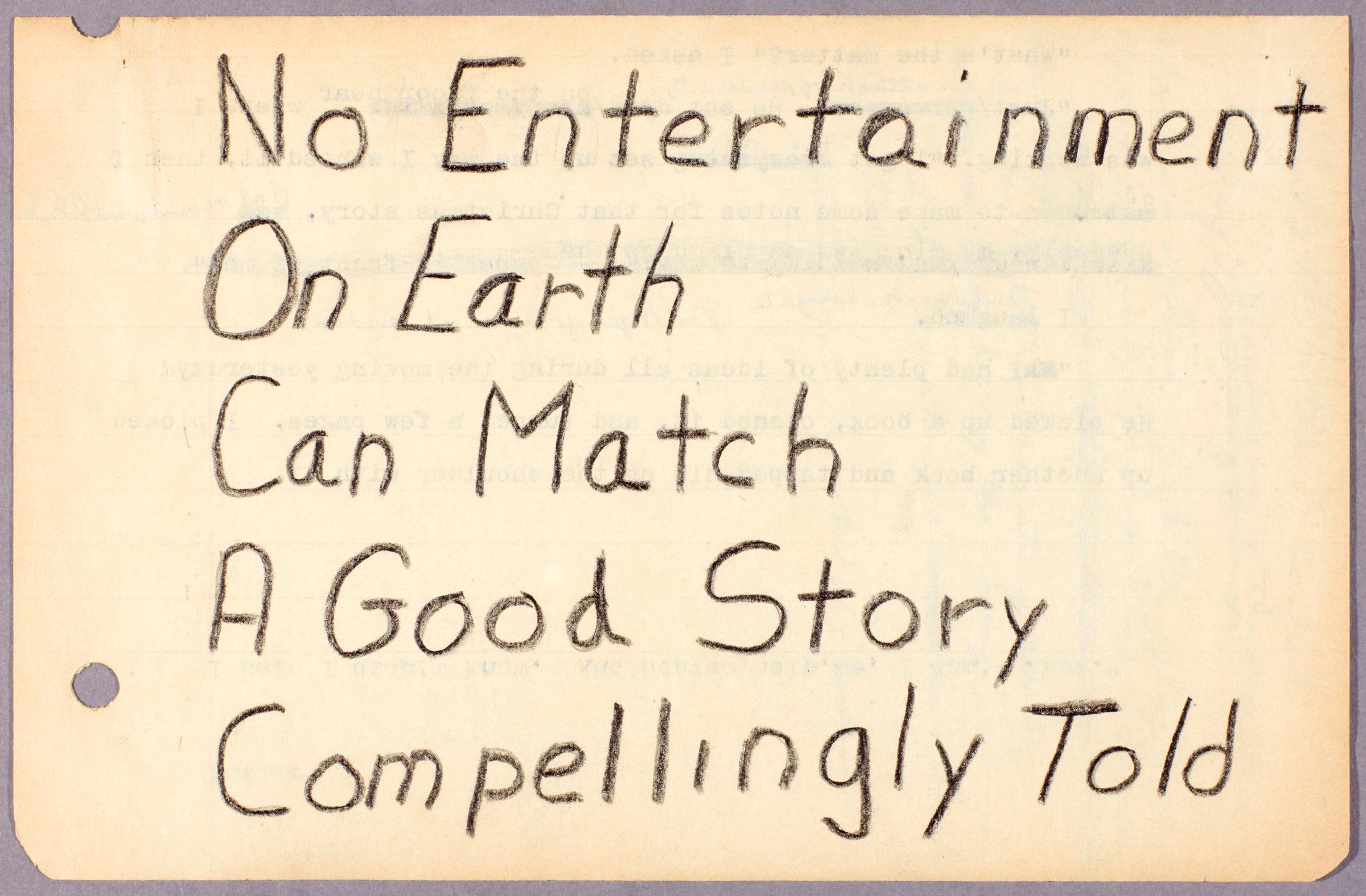

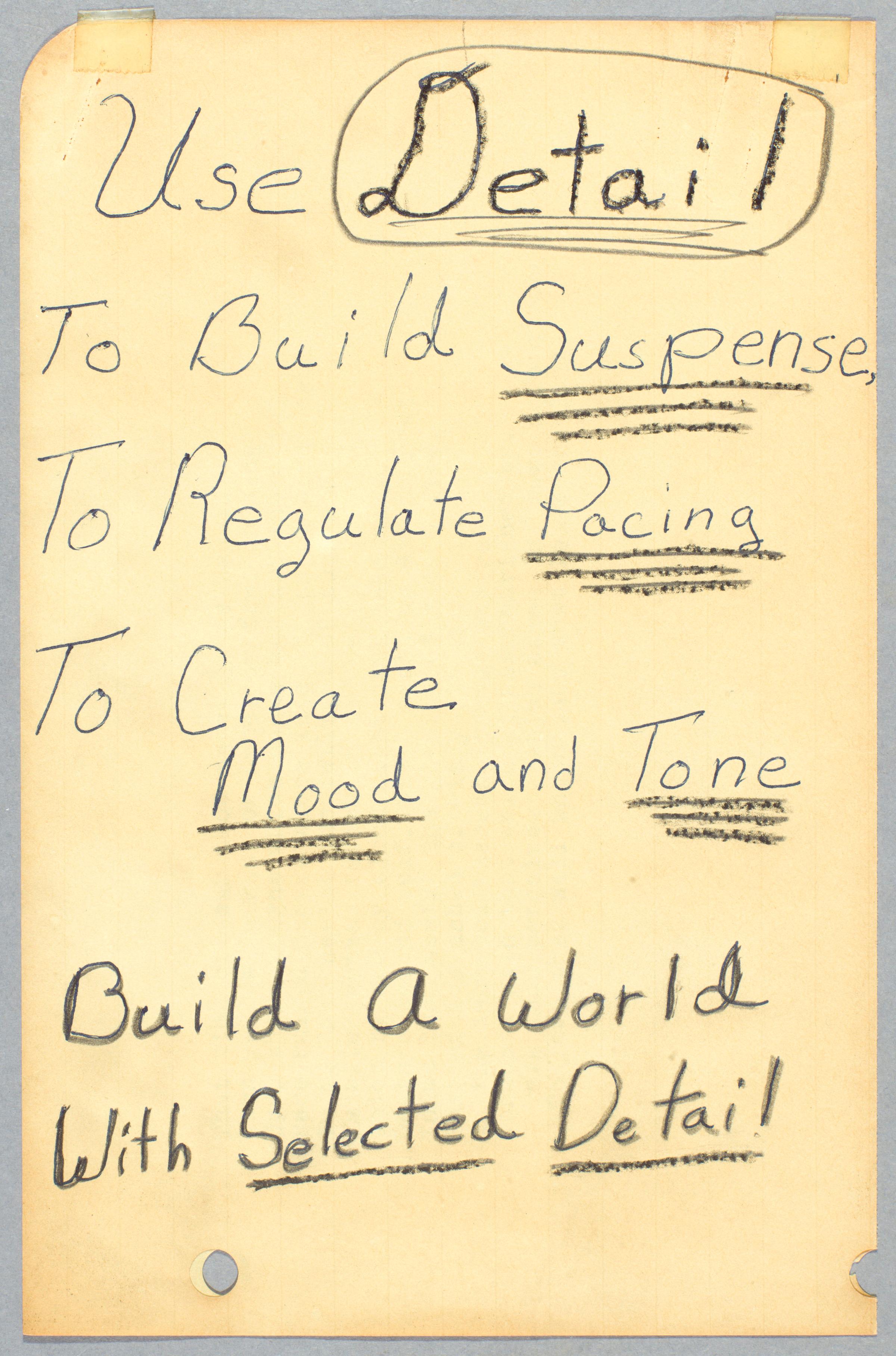
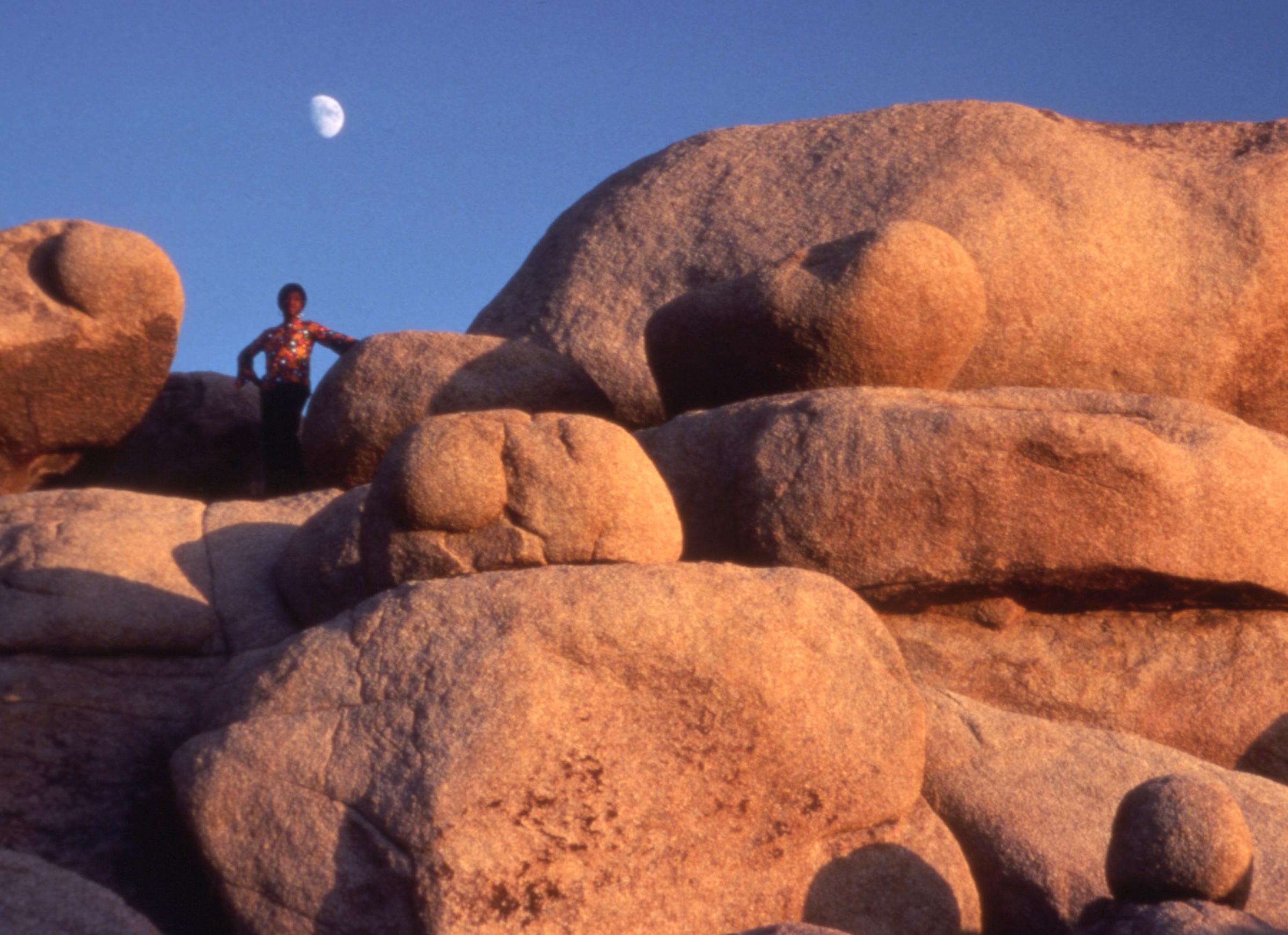
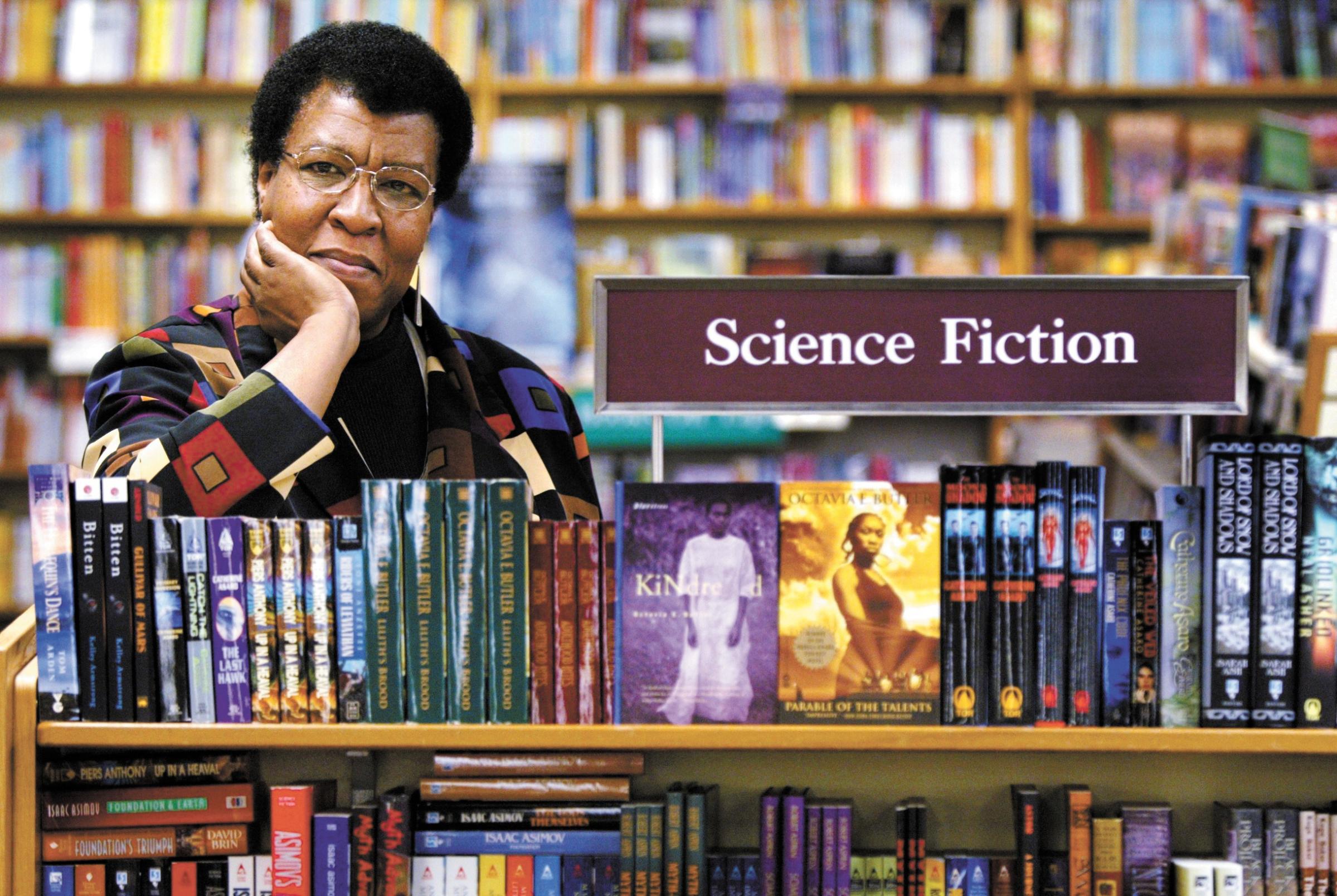
More Must-Reads from TIME
- Cybersecurity Experts Are Sounding the Alarm on DOGE
- Meet the 2025 Women of the Year
- The Harsh Truth About Disability Inclusion
- Why Do More Young Adults Have Cancer?
- Colman Domingo Leads With Radical Love
- How to Get Better at Doing Things Alone
- Michelle Zauner Stares Down the Darkness
Contact us at letters@time.com